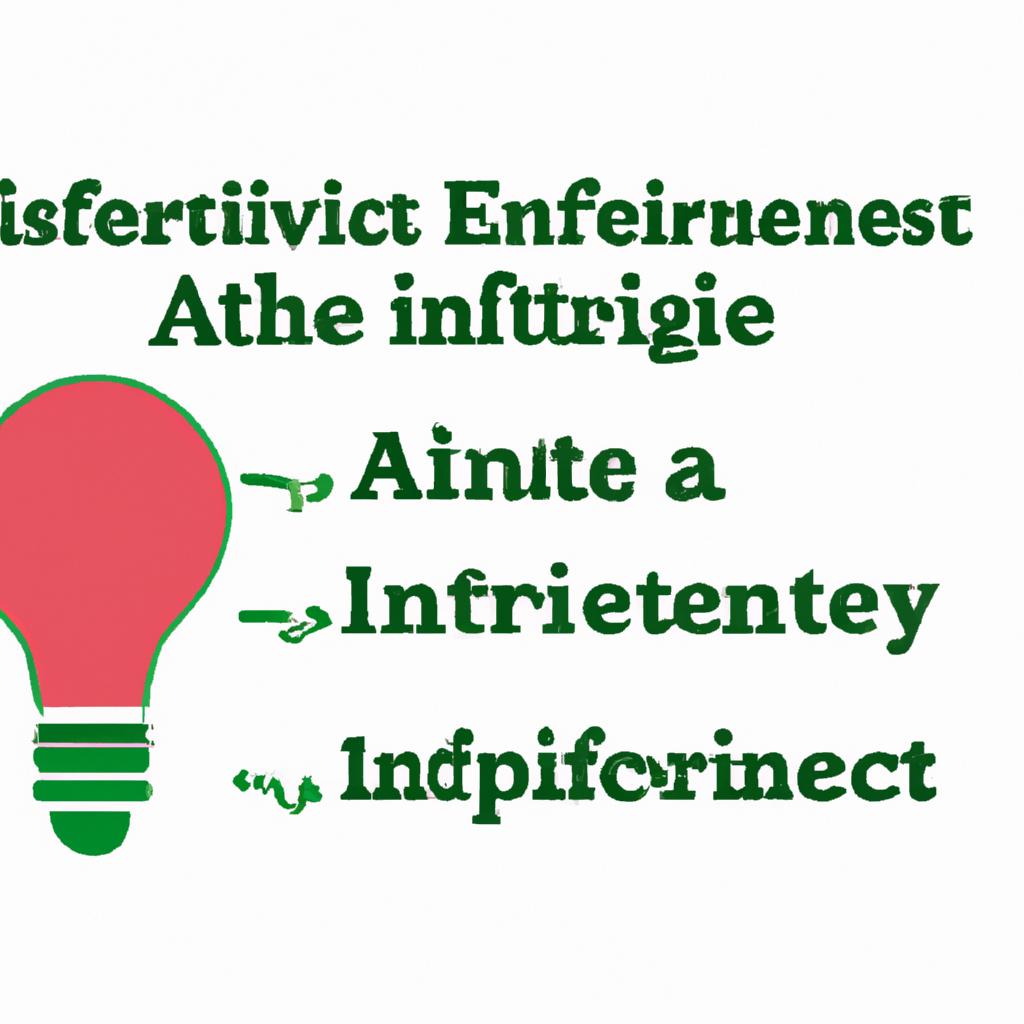In the labyrinth of legal terminology and familial relationships, the concept of inheritance stands as a beacon of clarity and order. Defined by centuries of jurisprudence and societal norms, the notion of what constitutes an inheritance rests at the heart of estate planning and probate proceedings. As experienced legal practitioners at Morgan Legal Group in the bustling metropolis of New York City, we navigate the intricate webs of Wills, trusts, and elder law with the precision of skilled craftsmen. Join us as we unravel the intricacies of what is considered an inheritance, shedding light on the rights and responsibilities that accompany the transfer of wealth and assets from one generation to the next.
Understanding the Legal Definition of Inheritance
When it comes to , it is important to recognize that inheritance refers to the passing on of assets, property, and rights from one individual to another upon their death. Inheritance can take various forms, including:
- Cash
- Real estate
- Stocks and bonds
- Jewelry
It is crucial to note that inheritance does not just encompass physical possessions, but also intangible assets such as intellectual property rights and financial investments. Inheritance can be distributed based on a will, trust, or state laws if there is no estate planning in place.

Different Types of Assets that Can be Inherited
When it comes to inheritance, there are various types of assets that can be passed down from one generation to the next. These assets include:
- Real Estate: This can include properties such as houses, land, and commercial buildings.
- Financial Assets: This category encompasses assets like stocks, bonds, savings accounts, and retirement accounts.
- Personal Property: Items such as jewelry, artwork, antiques, and vehicles fall under this category.
In addition to the above-mentioned assets, other types of assets that can be inherited include:
- Business Interests: Ownership stakes in businesses, partnerships, or corporations.
- Intellectual Property: Rights to patents, trademarks, copyrights, and royalties.
- Insurance Policies: Proceeds from life insurance policies or other types of insurance coverage.

Navigating Complex Inheritance Laws and Taxes
Inheritance can encompass a wide range of assets that are passed down from one individual to another after their passing. While most people think of money or property as the primary forms of inheritance, there are many other types of assets that can be included in an inheritance, such as:
- Stocks and bonds
- Jewelry and valuable collectibles
- Real estate properties
- Retirement accounts
- Intellectual property rights
It is important to understand that inheritance laws can vary depending on your location and the specific circumstances of the inheritance. In some cases, taxes may need to be paid on inherited assets, which can further complicate the process. By consulting with a knowledgeable estate planning attorney, you can navigate the complex landscape of inheritance laws and taxes to ensure that your loved ones receive their rightful inheritance without unnecessary complications.

Strategies for Efficiently Managing and Distributing Inherited Assets
When it comes to efficiently managing and distributing inherited assets, there are several strategies that can be implemented to ensure a smooth transition. One key aspect to consider is understanding what exactly is considered an inheritance. In legal terms, an inheritance refers to the assets, property, or money that is passed down to an individual after the death of a loved one. This can include real estate, investments, personal belongings, and cash.
It is important to consult with an experienced estate planning attorney to properly navigate the complexities of handling inherited assets. Some include creating a comprehensive estate plan, establishing trusts, updating beneficiary designations, and seeking professional advice on tax implications. By carefully planning and executing these strategies, individuals can ensure that their inherited assets are protected and distributed according to their wishes.
Q&A
Q: What exactly is considered an inheritance?
A: Inheritance refers to the assets, possessions, or wealth that a person or entity receives from a deceased individual.
Q: Can inheritance include more than just money?
A: Yes, inheritance can include a wide range of assets such as real estate, jewelry, stocks, bonds, personal belongings, and even business interests.
Q: Is there a specific process for receiving an inheritance?
A: Yes, the process of receiving an inheritance often involves the distribution of assets according to a will or trust, with the assistance of legal professionals and financial advisors.
Q: Can inheritance be contested?
A: Yes, inheritance can be contested by individuals who believe they are entitled to a larger share of the assets or feel that the will was not executed properly.
Q: Are there tax implications for receiving an inheritance?
A: In many cases, there are tax implications for receiving an inheritance, as certain assets may be subject to estate taxes or income taxes depending on the jurisdiction and amount inherited.
Q: How can individuals plan for their inheritance?
A: Individuals can plan for their inheritance by creating a will, establishing trusts, and discussing their wishes with family members and beneficiaries to ensure a smooth transfer of assets in the future.
Final Thoughts
In conclusion, understanding what is considered an inheritance is essential in navigating the complexities of passing down assets and wealth to future generations. Whether it be money, property, or sentimental items, inheritance plays a significant role in shaping the legacies we leave behind. By recognizing the different forms inheritance can take, we can better prepare ourselves for the responsibilities and opportunities that come with receiving or passing on an inheritance. Ultimately, it is through thoughtful consideration and communication that we can ensure that our inheritances serve as a meaningful and lasting tribute to our loved ones.


